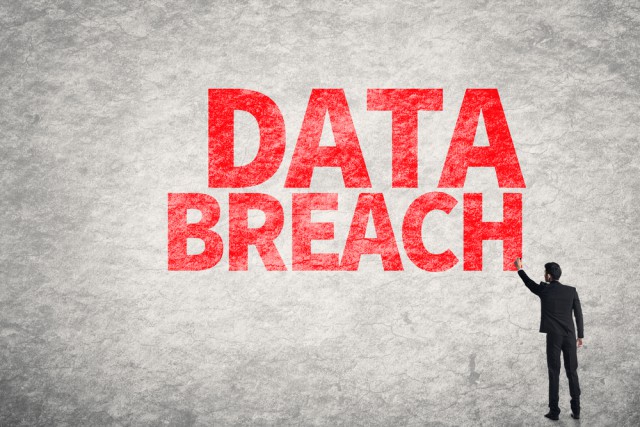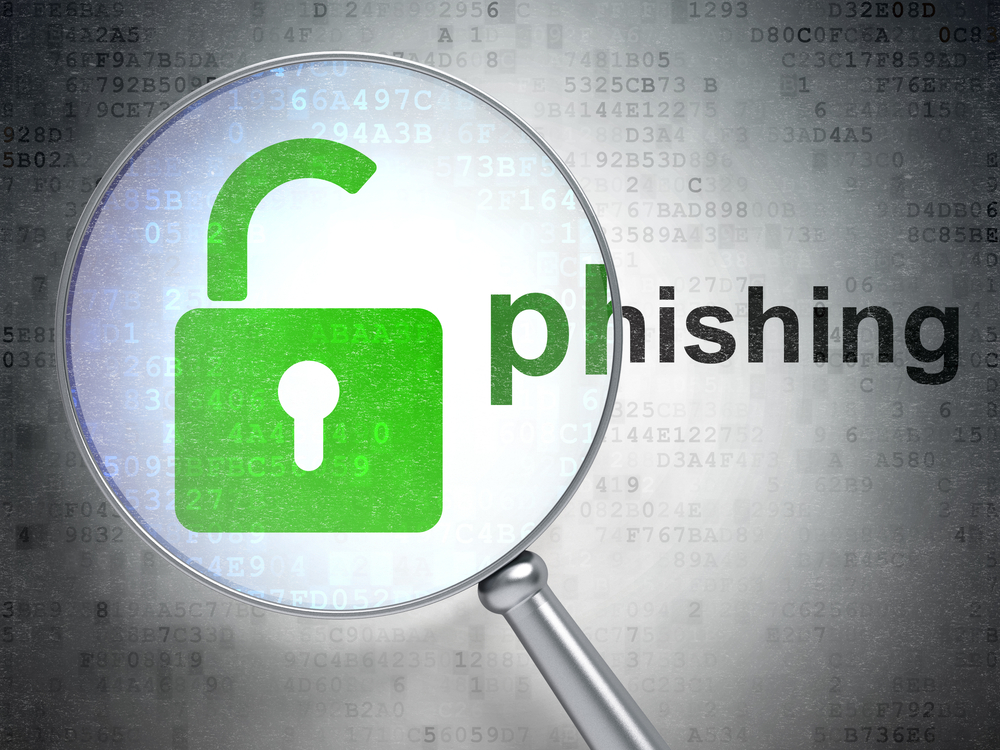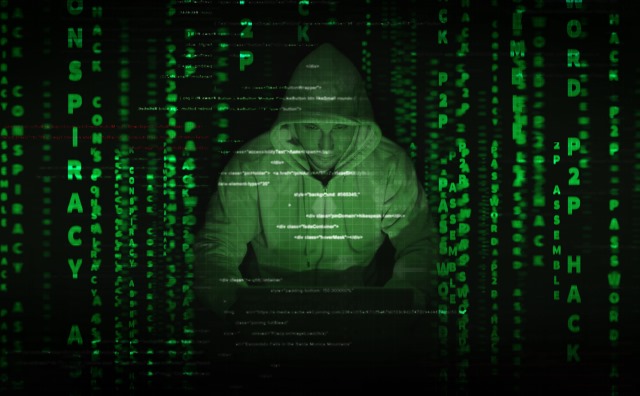
Targeted attacks on industry are on the increase
Cyber attacks on industrial organizations are a growing problem, with 28 percent admitting they faced an attack in 2017, compared to only 20 percent in 2016.
This is among the findings of a new survey by Kaspersky Lab which also shows that many attacks are going unnoticed with organizations taking an average of several days (34 percent) to several weeks (20 percent) detecting a cyber attack.

Over 90 percent of security pros worry about cyber criminals using AI
While machine learning and artificial intelligence are becoming key to cyber security, a new survey shows that a majority of security professionals worry that the technology could be used against them.
The study by cyber security company Webroot reveals that 91 percent are concerned about hackers using AI against companies in cyber attacks.

'New Mafia' cyber attacks on businesses up 23 percent in 2017
A new report from anti-malware specialist Malwarebytes says that the volume and sophistication of cyber attacks is growing thanks to an increase in organized cyber crime it dubs the 'New Mafia'.
Ransomware attacks up to the end of October have surpassed total figures for 2016 by 62 percent. In addition, there has been an almost 2,000 percent increase in ransomware detections since 2015 -- rising to hundreds of thousands in September 2017 from less than 16,000 in September 2015.

How cyber crime could be improving the internet
War always sparks innovation, and over the years conflict has led to improvements in technology and the acceleration of development in things like radar and the jet engine.
So, is the war against cyber crime driving technologies that will improve the internet? Security education site Cyber Security Degrees thinks so and has produced an infographic to prove it.

The strangest ways of stealing data
Most data thefts are down to relatively simple techniques, like phishing, in order to get hold of login credentials. But even where systems are well protected, hackers can find ingenious ways of breaching security.
VPN advice site Top 10 VPN has compiled information from research and from real world attacks to highlight some of the more innovative ways of stealing data in an infographic.

More than seven billion records exposed in 2017 data breaches
The first three quarters of 2017 have seen 3,833 breaches reported, exposing over seven billion records, according to a new report.
But the study by Risk Based Security reveals that 78.5 percent of all records exposed came from just five breaches. Compared to the same period in 2016, the number of reported breaches is up 18.2 percent and the number of exposed records is up 305 percent.

Illicit code signing certificates worth more than passports on the dark web
Code signing certificates are used to verify the authenticity and integrity of software and are a vital element of internet and enterprise security. By taking advantage of compromised code signing certificates, cybercriminals can install malware on enterprise networks and consumer devices.
A study for machine identity protection company Venafi by the Cyber Security Research Institute shows that digital code signing certificates are changing hands on the dark web for up to $1,200, making them worth more than credit cards, counterfeit US passports and even handguns.

Analysis uncovers more than 3,200 unique phishing kits
The people behind phishing attacks are always looking for ways to improve their profitability. They quite often re-use material by bundling site resources into a phishing kit, uploading that kit to a server and sending a new batch of emails.
Sometimes though they get careless and leave the kits behind allowing them to be analyzed. Trusted access specialist Duo Security carried out a month-long experiment to track down these abandoned kits.

Cyber criminals turn to messaging apps following dark web crackdown
The recent crackdown on popular dark web markets AlphaBay and Hansa is driving cyber criminals to migrate to messaging apps like Discord, ICQ, Skype, Telegram and Whatsapp, according to a new report.
The study from threat management company IntSights analyzed thousands of black markets, text storage/paste sites, hacking forums, IRC channels, apps and social media pages, and uncovers a steady increase in threat actors inviting cyber crime forum users to join their chat groups.

Banks targeted in hybrid debit card scam
Researchers at SpiderLabs, the research arm of Trustwave have released results of their investigations into a major attack targeting Eastern European banks.
The attack uses mules to open new accounts with minimal deposits and, crucially, request a debit card. When the new card is delivered it's shipped elsewhere and hackers then use stolen credentials to manipulate the bank's systems and raise the overdraft limit, allowing cash to be drawn from ATMs.

Hackers hit accountancy firm Deloitte, stealing plans, emails and passwords
Global accountancy firm Deloitte -- known as one of the "big four" -- has been hit by a sophisticated hack. With echoes of the Equifax data breach and CCleaner hack, the cyberattack went undetected for months and results in confidential emails being accessed, as well as company plans, and the private information of high-profile, blue-chip clients.
Deloitte says that only a small number of its clients have been affected, but the size and importance of those that it deals with -- including US government departments -- means that even a limited number could have great impact. The firm is said to have discovered the hack in March, but it is possible that attackers gained access as long ago as October 2016.

Building the US cyber workforce: How Greater Washington is closing the gap
The cyber-attacks against US nuclear facilities are just the latest reminders of the crucial and persistent challenge of securing our nation’s important assets. Clearly, cyber threats are growing in number, complexity, and sophistication, underscoring the need for public and private sector entities to raise the bar on cybersecurity throughout their enterprises.
These rising threats are causing organizations and their current IT workforces to sound the alarm: not enough talent is available to properly address the myriad of cyber threats facing our nation. In fact, it is predicted that by 2022, there will be a shortfall of 1.8 million cybersecurity professionals in the US.

Equifax data breach could be worst ever -- find out here if you are affected by the hack
Data breaches are fairly common nowadays. This is unfortunate, as it exposes sensitive information to evil hackers and other nefarious criminals. Look, people are doing their best to make it through the day -- working long hours and struggling to make ends meet. Then, some computer nerd comes along and adds to life's difficulties by stealing identities. Sigh.
Today, another data breach comes to light, but this time it is particularly bad. In fact, it could quite possibly be the worst such hack in history. You see, credit agency Equifax -- a company you'd expect to be very secure -- had consumer information stolen. Now, it isn't just a handful of people that are affected. No, it is a staggering 143 million consumers in the USA! To make matters worse, it includes the holy grail of personally identifiable information -- social security numbers. Besides SSN, the hackers got birth dates and addresses too. For some of these unfortunate folks, even credit card numbers and driver's license numbers were pilfered.

Hackers hit Scottish Parliament with 'brute force cyber-attack'
IT systems at the Scottish Parliament have been struck by a "brute force cyber-attack" from an unknown source. Staff have been advised to change passwords as a result of the attack.
Paul Grice, Chief Executive at Holyrood, says that the attack is similar to the one Westminster suffered back in June. The hackers have attempted to crack passwords as well as trying to access parliamentary emails.

Attacks from unknown threats increase by 40 percent
The second quarter of this year has seen two of the largest recorded cyber attacks in WannaCry and NotPetya, and the latest quarterly report from Panda Security reveals there's been an increase in unknown threats too.
PandaLabs analyzed attack data collected from all devices protected by one of Panda Security's solutions and discovered a 40 percent increase in attacks from unknown threats from the previous quarter.
